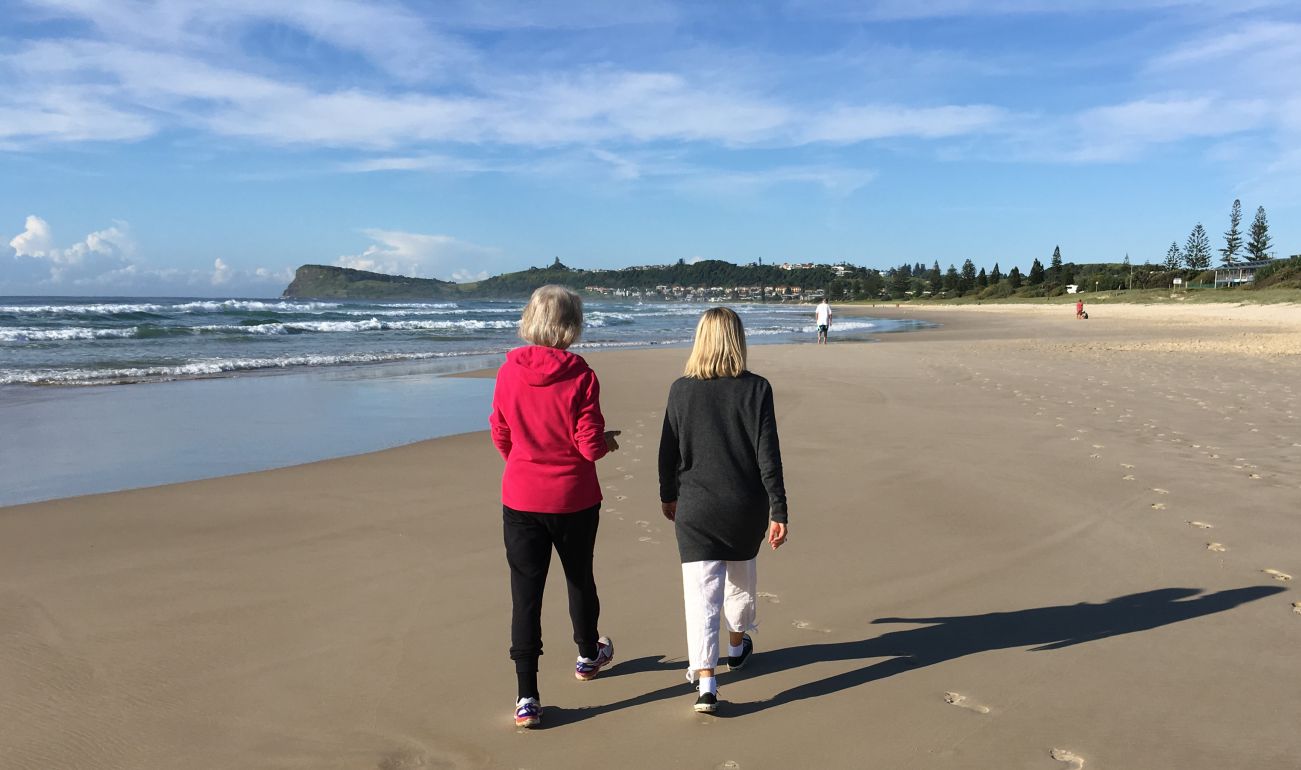| Often with an ageing couple, one person deteriorates faster than the other and then the healthier partner suddenly finds themselves as the primary care giver sometimes with no prior experience or training in looking after someone who is approaching end of life. As a carer, it is not only important to know how to truly care for someone else but also how to truly care for yourself. |
The carer needs to take great care to support their body because they have to be fit enough to handle these emotional ups and downs as well as being physically fit to do all the necessary tasks.
The more carers can support themselves, the more easily they can cope with the challenges each day presents.
Please join our conversation topic for this month and share any experience where you have been in the situation of caring for a sick or dying person and if so, how did you cope?
You may also like to read this month's articles 'Good Days and Bad Days' and 'No True Care without Self Care'.

